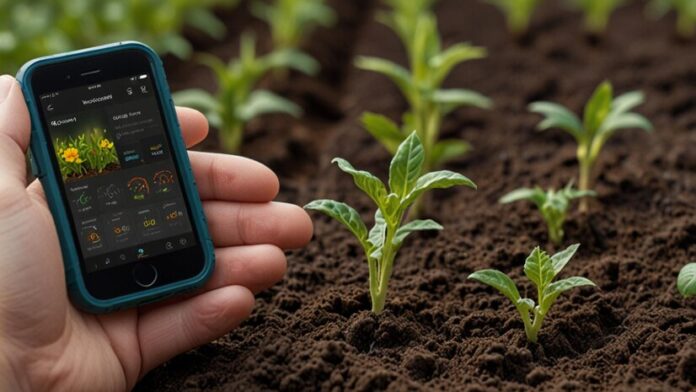As farmers and agricultural experts grapple with the pressing challenges of soil degradation and environmental concerns, a fresh approach to soil health management is emerging—one that promises to rejuvenate our farmland and pave the way for a more sustainable future.
For decades, conventional farming methods, often reliant on heavy use of synthetic fertilizers and monoculture practices, have taken a toll on soil health. We’ve seen nutrient depletion, erosion, and a loss of biodiversity as a result. But now, there’s a growing movement towards more holistic and regenerative practices that prioritize the well-being of the soil itself.
One of the most exciting developments is the resurgence of organic matter in soil management. Think of compost, cover crops, and organic fertilizers as nature’s way of giving back. These practices aren’t just about adding nutrients—they’re about creating a thriving ecosystem within the soil. By enriching the soil with organic material, farmers are improving its structure, enhancing water retention, and boosting its ability to support healthy plant growth.
In tandem with these traditional methods, cutting-edge technology is also making waves. Precision agriculture, with its sophisticated sensors and data-driven insights, allows farmers to monitor soil conditions in real time. Imagine being able to know exactly when and where to apply fertilizers, reducing waste and minimizing the impact on the environment. It’s a game-changer for both productivity and sustainability.
Another exciting innovation is the use of microbial inoculants. These tiny, beneficial microbes work to naturally improve soil health by enhancing nutrient uptake and suppressing harmful pathogens. It’s like giving the soil a boost of good bacteria, helping it to stay balanced and fertile.
Diverse cropping systems are also making a comeback. Farmers are rediscovering the benefits of crop rotation and polyculture. By growing a variety of crops, they’re not only enriching the soil but also creating a more resilient farming system. This approach helps break pest cycles and replenish soil nutrients, offering a win-win for both farmers and the environment.
Support for these practices is growing. Governments and organizations are beginning to recognize their value and are offering incentives and funding to encourage adoption. It’s clear that a shift towards soil health management isn’t just a trend—it’s a necessary step for the future of agriculture.
As we face a rapidly growing global population and mounting environmental pressures, investing in soil health is more important than ever. By embracing these innovative practices, we’re not only nurturing our soil but also ensuring a healthier, more sustainable future for generations to come.




